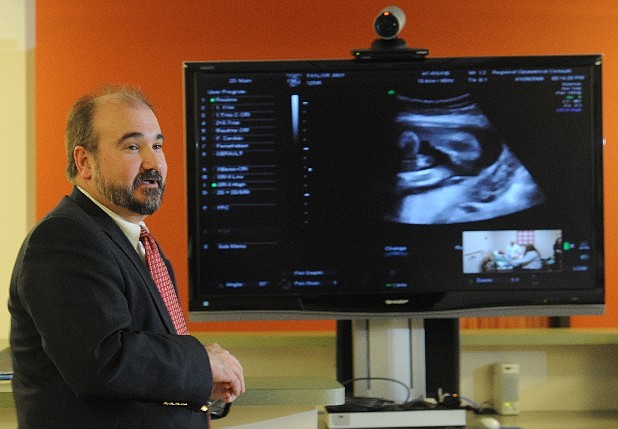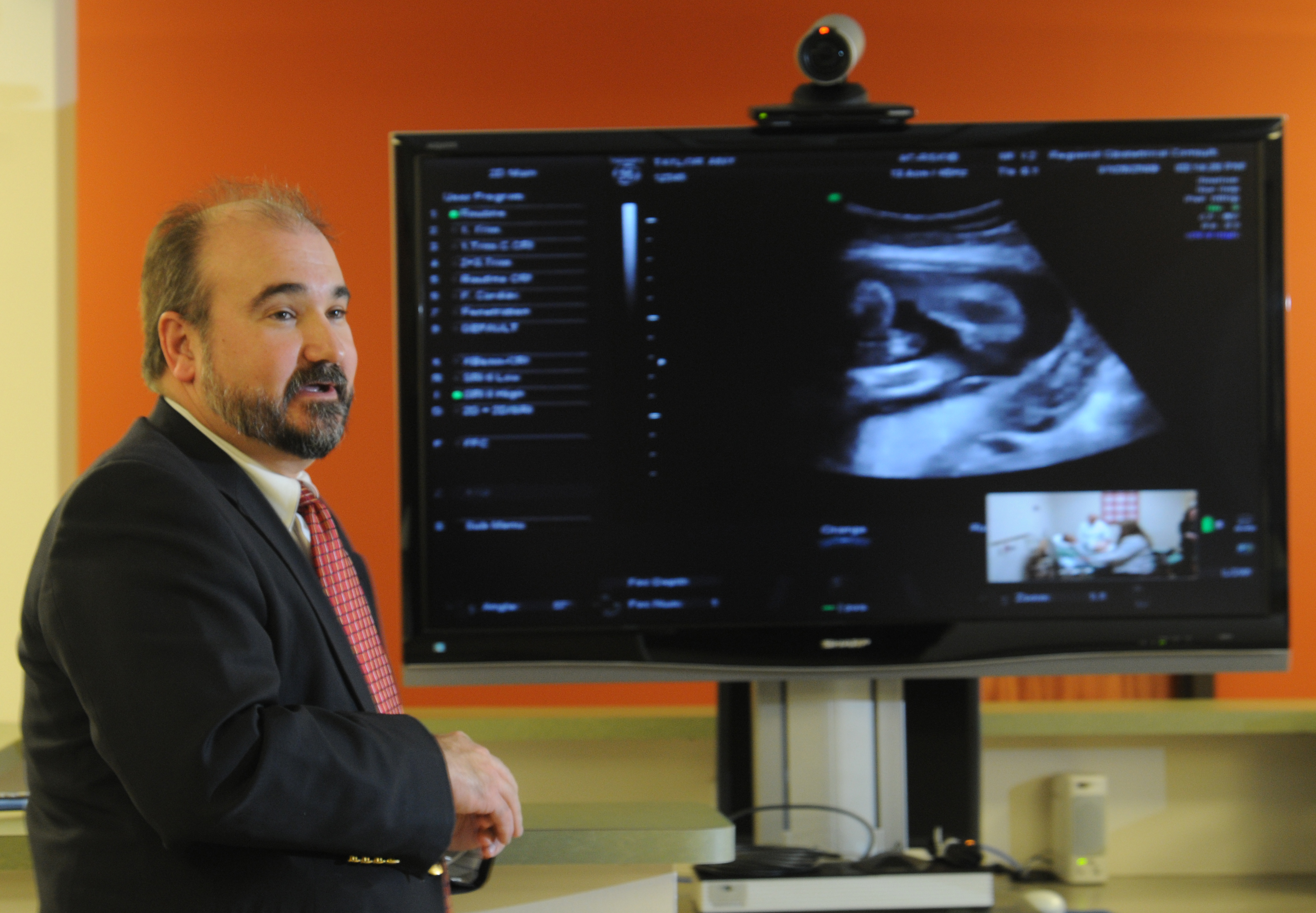About medical device manufacturers:
• Employs more than 400,000 workers nationwide• Generates approximately $25 billion in payroll• Pays out salaries that are 40 percent more than the national average ($58,000 vs. $42,000)• Invests nearly $10 billion in research and development (R&D) annually.• Majority of companies are small businesses with 80 percent employing fewer than 50 employees and 98 percent with fewer than 500 employees.Source: Life Science Tennessee
A full repeal of the Affordable Care Act appears unlikely, but Republicans and Democrats could unite to roll back an unpopular 2.3 percent tax on medical devices, which has cut into profitability at a handful of Chattanooga-area businesses and pushed up costs for consumers.
"It increases the cost of the goods sold to the hospital, so that's going to increase the cost of health care," said David Adair, chairman of Chattanooga-based Glenveigh Medical.
Nearly 1,000 device manufacturers, including Glenveigh Medical, signed a letter on Sept 28, urging Congress to take "timely action" to end the tax.
The tax is "adversely impacting patient care and innovation," the group wrote, and will "substantially increase the cost of health care."
The U.S. Senate so far has rejected a U.S. House proposal that would repeal the tax, in part because it is attached to a resolution that would have continued funding the federal government in exchange for a delay of Obamacare.
But though Democrats say they're in no mood to entertain a delay of U.S. President Barrack Obama's landmark legislation, ending the tax on medical device manufacturers could prove to be more palatable, said Chris Young, president of the Tennessee Medical Association and an anesthesiologist at Erlanger Health System.
"There are definitely some Democratic states that are big into medical devices that would be supportive of this," Young said. "It's an easier political target for repeal than the Affordable Care Act."
The medical device tax, which was birthed as part of Obama's omnibus health care revamp, is slated to generate $29 billion to pay for the estimated $1 trillion price tag of the Affordable Care Act, which is commonly known as Obamacare. In its first year, the tax brought in about $3 billion to help pay for the cost of expanding health care coverage to more Americans.
But Republicans from states like Tennessee and Georgia, already eager to defund Obamacare, could join Democrats from states with large numbers of jobs in the medical device industry like Massachusetts, Michigan and Minnesota in repealing the tax and achieving a budget compromise, Young said.
"At this moment, it's a political chip that people are tossing around because of financial thing between Democrats and Republicans," Young said.
Supporters of the tax note that its repeal will add to the deficit, and say that the reduced profits brought about by the tax will be offset by the new customers brought into the health care system by Obamacare's expansion of benefits to 11 million new Americans.
"The question is, is it better to have people included in the health care system by virtue of having insurance and actually be able to take advantage of those medical devices, or is it better to run up a higher deficit?" Young asked.
Yet, even though rolling back the tax wouldn't stop Obamacare, it could still prove popular with Chattanooga's growing medical device industry and others indirectly involved in the manufacture of life-saving medical devices.
At Glenveigh Medical, Adair worries that the tax could stifle his young company's ability to interest manufacturers in licensing their products. Combined with a 10 percent royalty payment to pay for Glenveigh's years of research and development, manufacturers "have a 12 percent overhead before they even make the product," he said.
"For us, it impacts our licensing ability," he said. "You're going to see some good projects abandoned because of the math."
Those products that make it through are likely to cost more, said Paul Fitzpatrick, CEO of Chattanooga-based Advanced Catheter Therapies.
Fitzpatrick's company is poised to introduce its flagship product -- a next-generation catheter that delivers drugs directly into patients' blood vessels -- after years of expensive development. But the tax will make the product more expensive to consumers, decreasing the amount of money Fitzpatrick makes off his forthcoming innovation, he said.
"It will end up coming out of our hide as well by a smaller royalty stream, or fewer milestone payments," he said. "Somebody ends up paying, and it trickles down to everything. Ultimately, it's going to increase health care costs to the public."
The tax also hurts startup companies, he said, forcing them to raise more cash to survive and sell more devices to achieve profitability. This helps big existing companies stay in business, while forming a barrier to entry for entrepreneurs, he said.
"You're putting up a barrier to entry, so that's stifling innovation, which is one of the big issues here," Fitzpatrick said.
Some argue that the 30 million new consumers who will be eligible to purchase insurance and obtain the companies' medical devices will offset the downsides of the tax by expanding the market for medical goods. But in their letter to lawmakers, manufacturers said there's no evidence of any Obamacare windfall for their industry.
"Unlike other industries that may benefit from expanded coverage, the majority of device-intensive medical procedures are performed on patients that are older and already have private insurance or Medicare coverage," manufacturers wrote. "Where states have dramatically extended health coverage, such as in Massachusetts where they added 400,000 new covered lives, there is no evidence of a device windfall."

